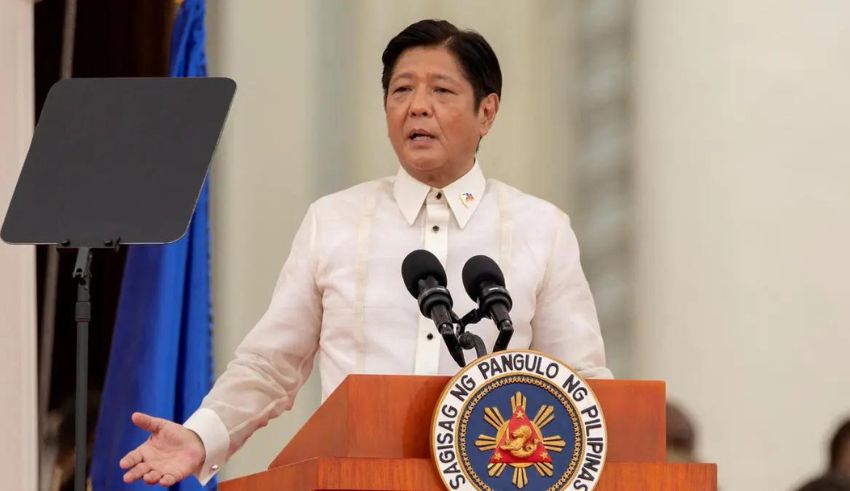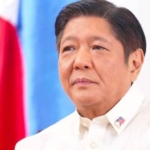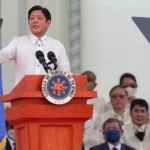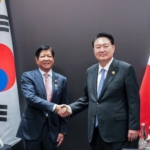
In a move that has sparked debates across the Philippine archipelago, President Ferdinand Marcos Jr. has made a decision with profound historical ramifications. He has chosen to eliminate a public holiday that marked the anniversary of a revolution that shook the nation and led to the fall of his father’s authoritarian regime, raising concerns that the family seeks to rewrite history.
Goodbye EDSA People Power Revolution
The history of the Philippines is irrevocably intertwined with the legacy of Ferdinand Marcos Sr., a formidable figure who wielded power over the nation for more than two decades. His rule, marked by martial law, political oppression, and allegations of corruption, came to a dramatic end with the People Power Revolution of February 1986. During those fateful days, hundreds of thousands of Filipinos poured onto the streets, demanding change and justice. This fervent pursuit of democracy ultimately forced the Marcos family into exile in Hawaii, a poignant moment that defined a generation.
In acknowledgment of this transformational period, the date, 25 February, was declared a “special national holiday.” Year after year, this day bore witness to rallies organized by tireless human rights activists and survivors of a dark era in Philippine history, the martial law era. This era was characterized by curtailed freedoms, enforced silence, and the suffering of thousands.
However, the rising star of Ferdinand Marcos Jr. and his ascent to the presidency last year triggered widespread speculation. Would he uphold the holiday, a stark reminder of his father’s rule and its consequences? Critics have long accused him of downplaying his father’s abuses, and his election victory was marred by a deluge of online disinformation painting his father’s era as a golden age, despite the widely documented atrocities and corruption.
The decision to remove this pivotal holiday from the nation’s calendar was met with skepticism and concern. The shift of the holiday to a Friday this year and its subsequent omission in the list of 2024 holidays left many questions unanswered.
Keep Reading
History Being Rewritten
Groups like Project Gunita, who have tirelessly worked to digitize documents and stories related to Marcos Sr.’s regime, have been vocal in their condemnation of this choice. They see it as a “state-sponsored attempt to whitewash the history of the brutal dictatorship of Ferdinand Marcos Sr.” This decision highlights the struggle over the narrative of the past—a narrative that is as much a part of the Philippine identity as its natural beauty.
As the government may attempt to erase the holiday from official recognition, the people of the Philippines remain resolute in their determination to remember the events of 1986. The human rights organization Karapatan has articulated the sentiments of many, asserting that the removal of the holiday reflects the Marcos administration’s disdain for “meaningful social actions that pursue justice, truth, and accountability.”
Amidst this debate, the President’s office has issued a statement, attempting to justify the removal by pointing out that 25 February fell on a Sunday, and this decision would have minimal economic impact on the labor force. However, the public’s keen eye noted that a special non-working day was preserved for the Feast of the Immaculate Conception, also a Sunday, raising further questions about the motivations behind the removal of a holiday that embodies the nation’s journey toward democracy.
This choice has become a flashpoint for a nation grappling with its past and its vision for the future. In a land rich with stories of resilience and a people who have always found their voice, the echoes of history refuse to be silenced.



























